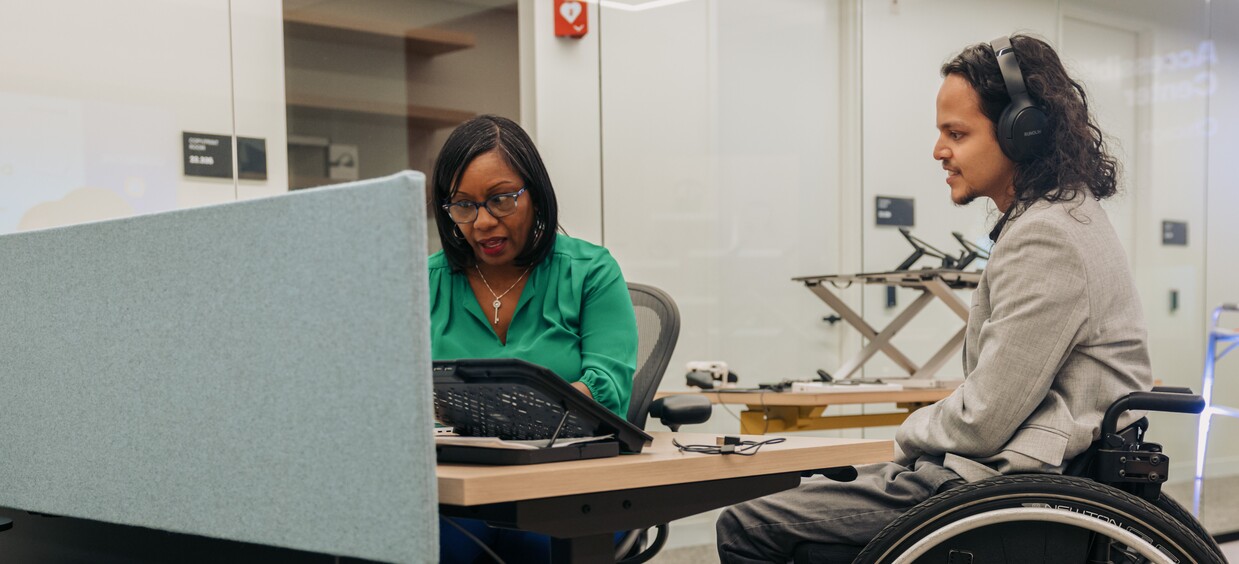Implement and Evaluate Smart Active Noise Canceling for Work and Education
- Forschungsthema:Implement and Evaluate Smart Active Noise Canceling for Work and Education
- Typ:B.Sc./M.Sc.
- Betreuung:
Implement and Evaluate Smart Active Noise Canceling for Work and Education

Topic Description
Sensory overload is a common experience of neurodiver-
gent people (e.g., Autistic persons or persons with ADHD), where environmental
stimuli (e.g., in traffic or crowded spaces) become overwhelming. Here, technol-
ogy that reduces these stimuli is commonly used. For example, noise canceling
headphones can make public transport or shared office spaces more accessible.
However, these technologies often address stimuli too broadly: If a person
wears noise canceling headphones, their general auditory perception is reduced.
This may not always be desirable, e.g., with announcements on public transport,
or colleagues addressing you at work. Using intelligent signal processing tech-
nology, we may be able to reduce sensory overload with more nuance.
Yet, little is known about neurodivergent people’s perspectives on technologies
in this area. Thus, the goal of this thesis is to understand the requirements and
preferences of potential users; implement a prototype for smart active noise
canceling using the OpenEarables platform; and evaluate the prototype with
potential users.
Your work will contribute to research within the Real World Lab "Accessi-
bility" at KIT, and may be the basis for future development efforts.
Task Summary
The thesis includes the following:
- Related Work: Explore the state of the art of Smart Active Noise Canceling research and development.
- Requirements: Establishment Conduct and analyze interviews to establish needs and preferences of potential users.
- Implementation: Using the OpenEarables platforms, implement a prototype based on the previous steps.
- Evaluation: Qualitative evaluation of the prototype with potential users.
Skills
Required: Accessibility, Software Development
Beneficial: Participatory Design

